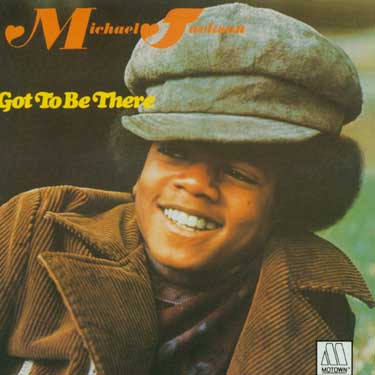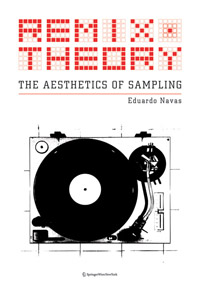Brief Reflection on MJ, by Eduardo Navas

Image source: Solar Navigator
As I write this entry, the Internet is flowing with comments and information about Michael Jackson. Here is my drop in the sea of data that will be archived in places people who adopt RSS as part of their daily life will never know exist.
As critical as I am about pop culture, I have to admit that Michael Jackson was ever-present in my growing years; the teenager in me mourns, while the critic cannot help but reflect on the implications of this unexpected and unfortunate death. As sad as Jackson’s passing away is to millions of people, one cannot help but notice how media has changed in the way it handles celebrities and public figures. Just a few years ago there would have been some distance from the dark side of a person’s life. This may still hold true for presidents of the United States as one hardly heard anything negative about Richard Nixon during his funeral. Watergate had become so abstract that it could be cited as a historical moment with no major shame for the country or Nixon’s presidency. This is the power of ahistoricity: people’s lack of historical knowledge made possible by 24 hour news cycles.
But with Michael Jackson a different kind of mourning takes place. His accomplishments and setbacks are cited simultaneously. Everywhere, from CNN to all major newspapers, like the NYTimes and El Pais in Spain, Michael Jackson is remembered for all his deeds–good and bad. As he is remembered as the King of Pop, he is also remembered as a person who was accused of child molestation (this was not proven in court). He is subjected to the aesthetic of reality TV.
In a way this might be healthy for the way people perceive celebrities, as people may become more accepting of public figures’ shortcomings. The sad thing is that scandals sell, and this is the last thing Michael Jackson is remembered for. The King of Pop was planning a comeback, but this one was not to be. He will be remembered as a conflicted figure, who will inevitably be romanticized for his early production and his conflicted last years.
And now, it is time to settle for reissues of MJ’s music in whatever form networked culture will allow. As I write these lines, files of Jackson’s songs are being swapped across the Internet–bootleg remixes made in bedrooms across the world to be shared in just minutes, while music executives figure out a way to cash in on MJ’s music legacy. Such cash-in will be mixed and hard to control. Michael Jackson dies in a time when things for the music industry are not so clear cut and no celebrity is perfect, and that imperfection in the end may mean more cash
He was a person who everyone knew through spectacular images. He may have known himself through the same images as well. As constant exposure rises with social networks, Michael Jackson, the most famous person vanishes. Let this be a rupture in the era of networked media. Michael Jackson is about to become an institution, like Marilyn, like Presley, like Warhol. He will live forever as a spectacular figure. But let’s not forget that somewhere in there was a child who was trying to understand himself. I may be accused of a bit of romanticism with this last statement. Let it be. This is why I chose an early image of Michael Jackson to complement this short reflection on a celebrity I felt I knew, as I had no choice but to acknowledge him everywhere I turned as I grew up. I accepted him as I was bombarded by his presence, just as I am now by the repetition of his spectacular absence. I admit to have moonwalked. RIP MJ.









